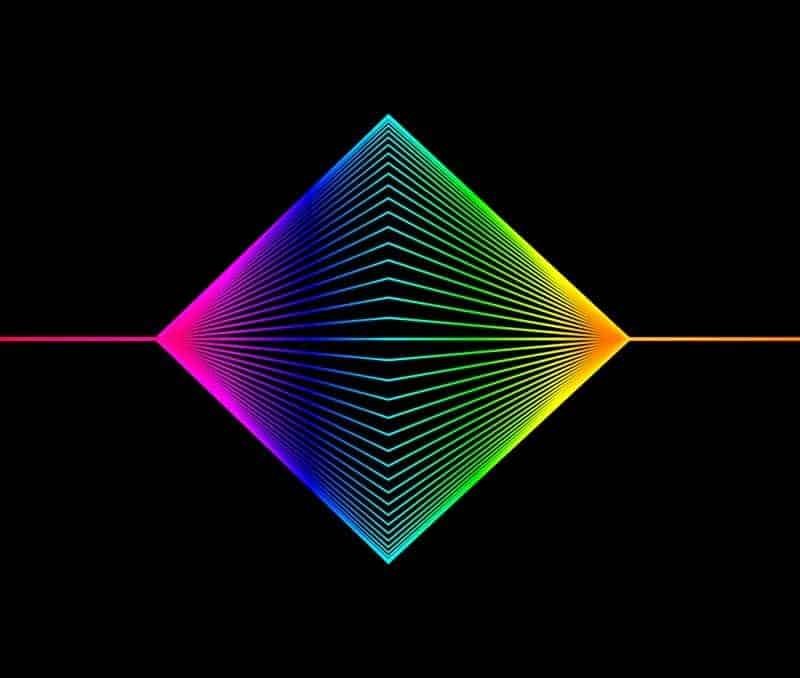Is imagination necessary for operant learning? And if so are bacteria imagining! This question came from an interesting discussion I was recently having on selfawarepattern’s blog post regarding Consciousness and Panpsychism. The author says: “..Imagination is the fourth layer. It includes simulations of various sensory and action scenarios, including past or future ones. Imagination seems necessary for operant… Continue reading Operant Learning Shows Bacteria can Imagine! – True or False
Author: Fizan
8 Criticisms of Christof Koch’s Consciousness + Panpsychism
I’m watching a TEDx talk by Christof Koch ‘The Scientific Pursuit of Consciousness’. Christof Koch is a prominent Neuroscientist and says that since he was a child he had always thought that dogs have consciousness as they seem to display emotions such as hunger, anger, and anxiousness. Appalled by the Christian view that only humans have… Continue reading 8 Criticisms of Christof Koch’s Consciousness + Panpsychism
Panexperientialism Vs Panpsychism Vs Animism – Outlined in a Table
I have been doing some reading and research around these ideas and it seems that Panexperientialism is often confused with related ideas of Panpsychism and Animism that have been around for a long time. For the sake clarity I have attempted to summarize the differences in the table below (further explanations, especially with regards to Panexperientialism,… Continue reading Panexperientialism Vs Panpsychism Vs Animism – Outlined in a Table
Cybernetic Epistemology: How machines gain knowledge
The two seemingly different domains of cybernetics and epistemology have an intriguing fusion in the concept of cybernetic epistemology. Cybernetics: Cybernetics we know is the study of self governing and self-organizing Systems. See Cybernetic Theory. Epistemology: Epistemology is a branch of philosophy dealing with the nature and scope of of knowledge. So for example in… Continue reading Cybernetic Epistemology: How machines gain knowledge
A Quick Explanation of Cybernetic Theory With 2 Examples
Cybernetics is the scientific study of self-governing / self regulating systems. Cybernetic theory was first conceptualized by Plato as the study of self governance by people. Nowadays cybernetics is generally used in context to artificial intelligence. However cybernetic Theory can be applied to a multitude of other disciplines for example biology and even psychology. Biological… Continue reading A Quick Explanation of Cybernetic Theory With 2 Examples
Imagine A World In Which Humans Talk To Machines
Can you imagine a world in which humans talk to machines? Like we’ve all seen in so many sci-fi, futuristic movies, and games. These could be droids like C-3PO from Star Wars or the bartender from Passengers. Virtual artificial entities like in Mass effect or holographic representation like in the movie The Time Machine. It… Continue reading Imagine A World In Which Humans Talk To Machines




